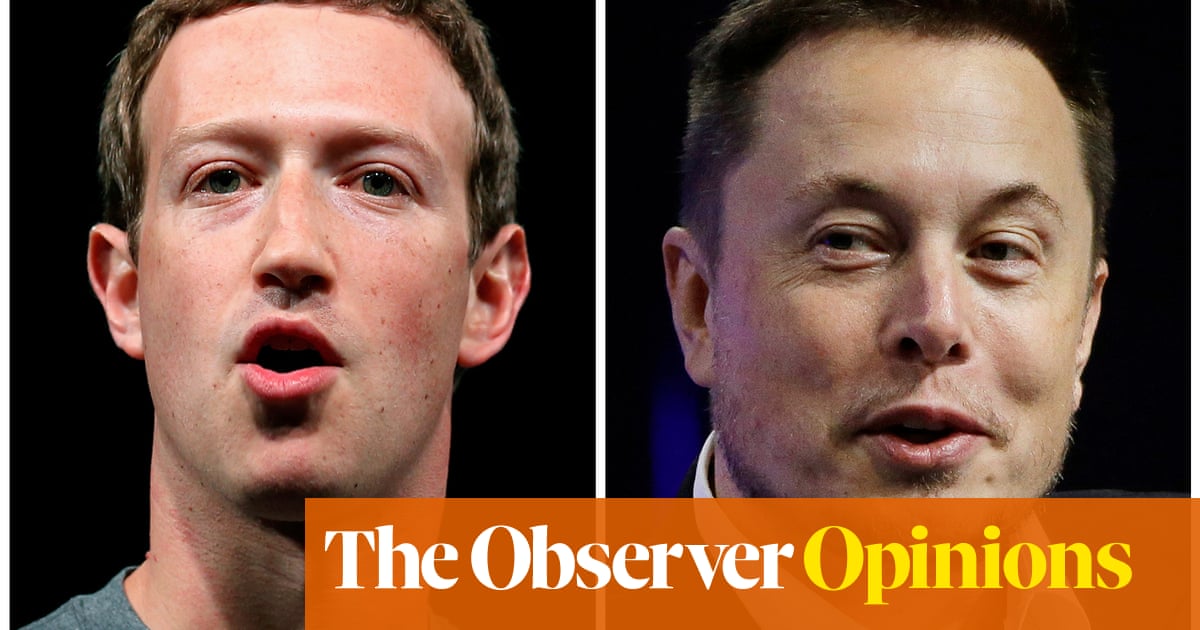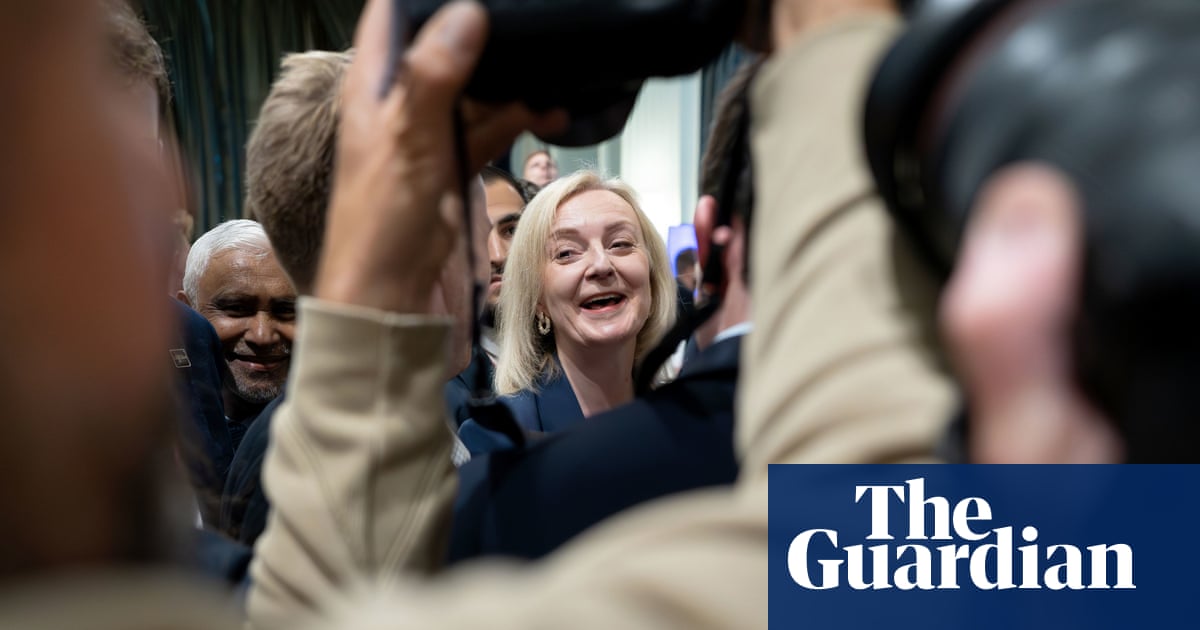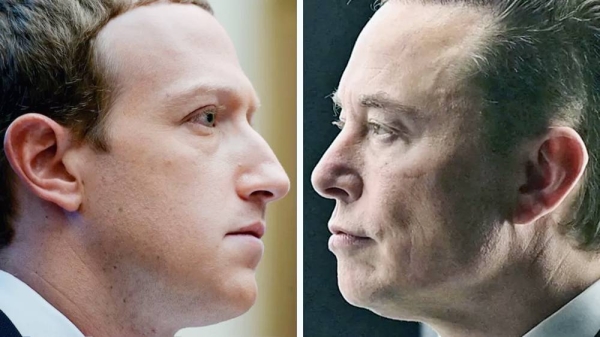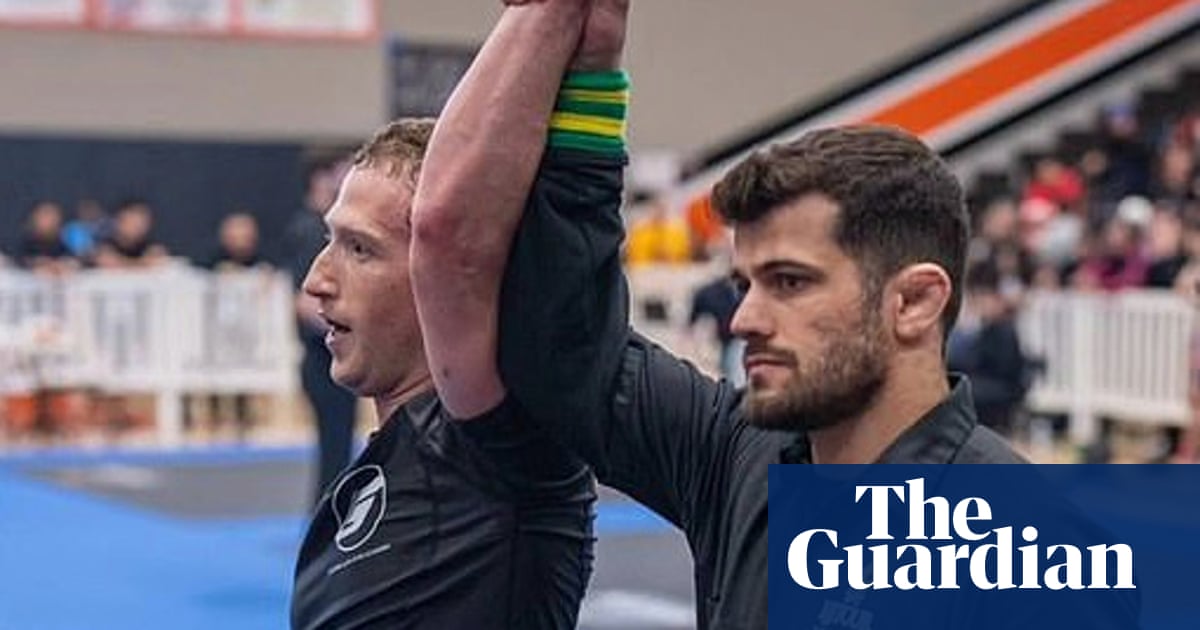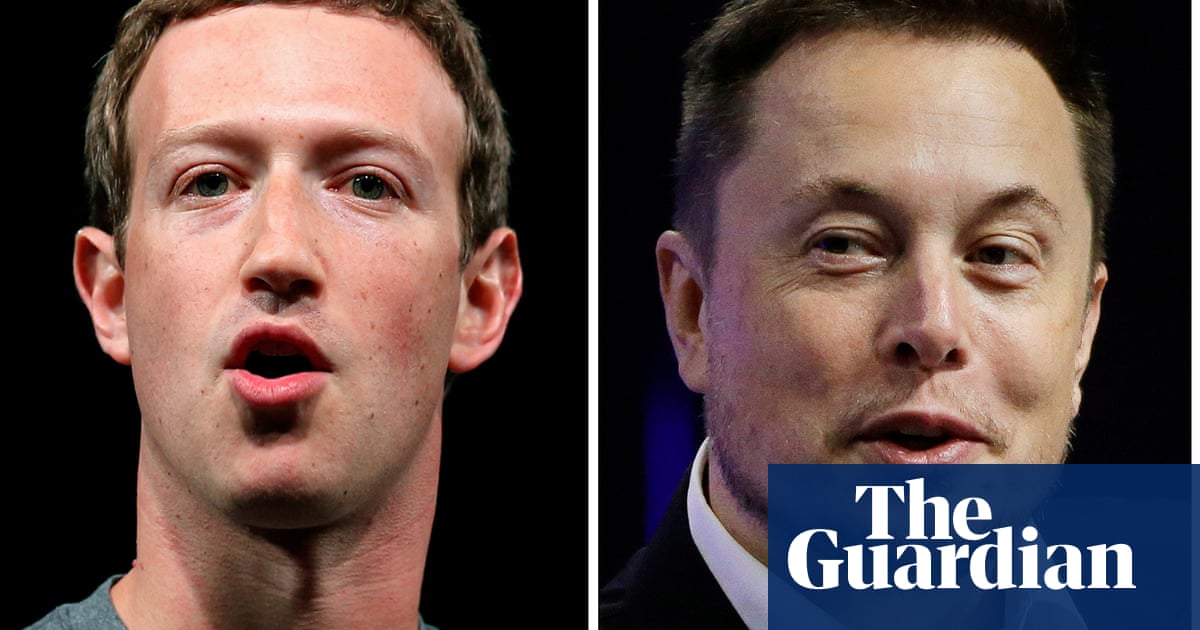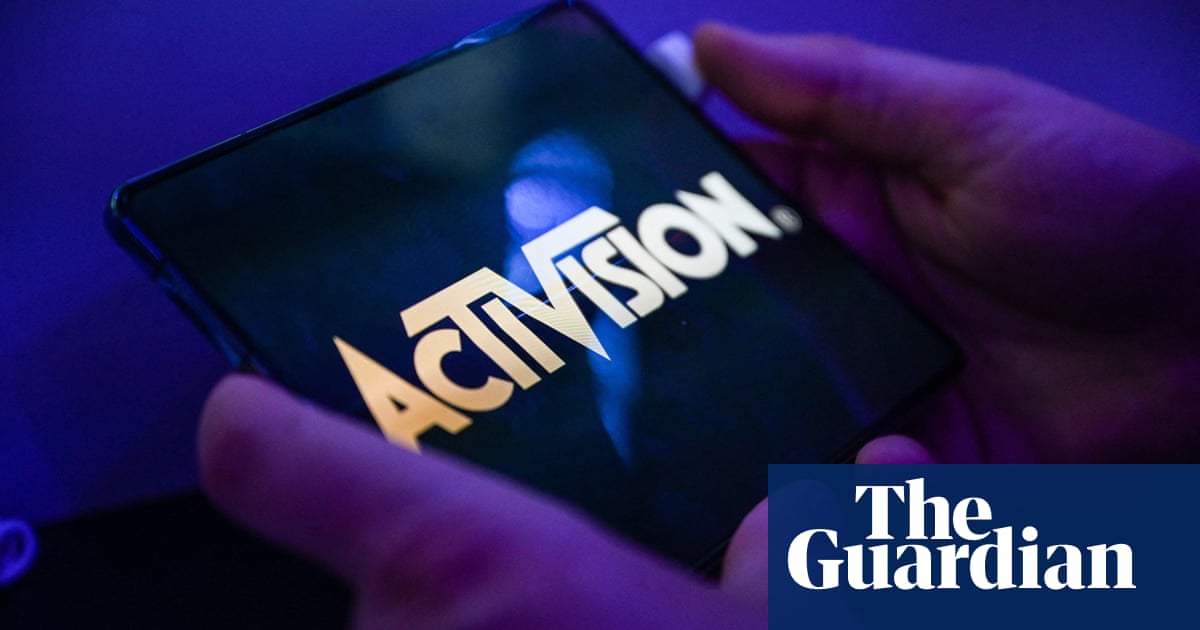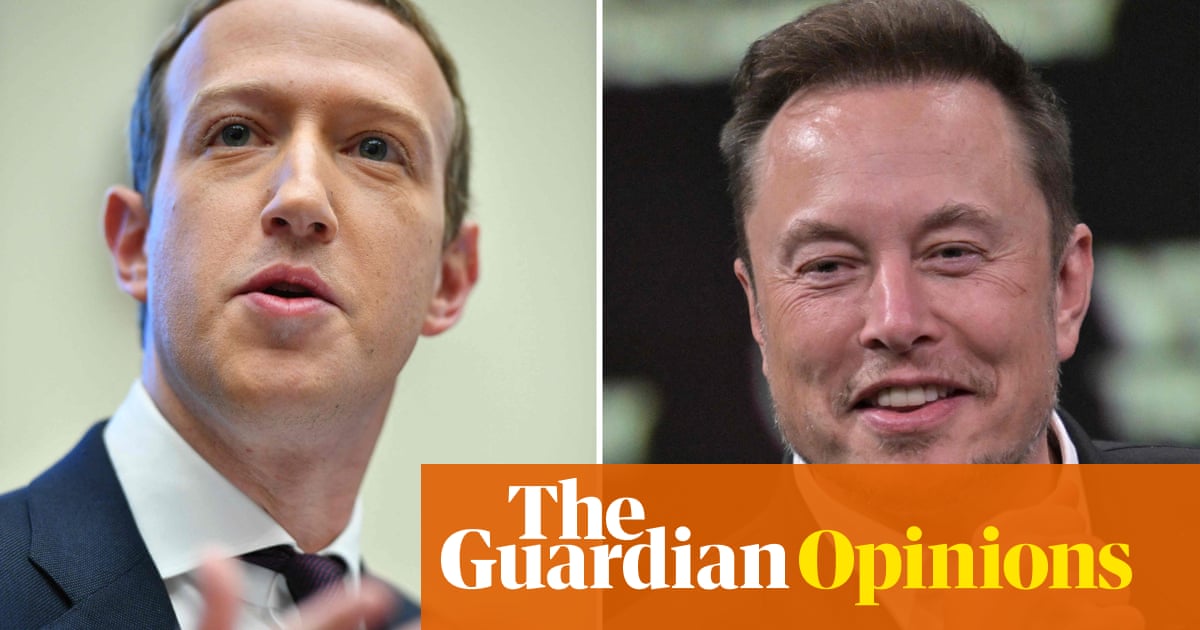
It’s a testament to just how strange our shared reality has become that two of the richest and most powerful men in the world can claim a willingness to fight each other in a “cage match” and they are immediately taken seriously.
All it took was for Elon Musk to tweet out the suggestion, which Mark Zuckerberg quickly agreed to. The prospect of the fight has hung over their bickering about the launch of Zuckerberg’s Twitter competitor, Threads. Both have reportedly been in touch with Dana White, the president of the Ultimate Fighting Championship, to organise the bout. White, ever the hyperbolic carnival barker, recently sported a T-shirt advertising the match, which he claims could be “the biggest fight ever in the history of the world”.
It’s an odd thing to say about two middle-aged men who are not, according to any reasonable definition of the term, professional fighters. But what if it’s true? What if the sheer power of their collective fame was enough to convince millions of people to pay to watch them fight? It’s shockingly plausible that there are more people interested in watching two unskilled billionaires fight in a cage than there are people willing to pay to see even the best athletes in what is still largely a niche sport.
That’s probably a depressing thought if you happen to be one of those athletes who’s devoted their entire life to the sport. But it says something about the role that combat sports have come to serve in our culture. Instead of being reserved for the true obsessives who’ve put the time and the work in to justify a spot on TV, they have become a quick proving ground for celebrities who want to cash in on fame or maybe just harden up a public image that’s too soft to be of much use.
Rich men looking for a veneer of tough-guy street cred via an association with fight sports is nothing new. The bare-knuckle era of the London prize ring in the 18th and early 19th centuries – in many ways the first professional fight scene, and one that laid the framework for all our current models – was essentially underwritten by English nobility, many of whom dabbled in the “manly art” of boxing at James Figg’s London amphitheatre the same way Silicon Valley tech bros drop in for private jiu-jitsu lessons at overpriced gyms today.
While the dirty work of actually doing the fighting has typically fallen to those born into far less economic privilege, the rich and famous have often loved to rub shoulders with the fight game – and even sometimes con themselves or others into believing that they’re good at it. Ernest Hemingway was famously delusional about his own boxing skills, to the point that the champion boxer Jack Dempsey refused to spar with him the way he did in an obliging way with other expat writers in Paris.
Maybe it shouldn’t surprise us, then, to see the current age of the influencer-fighter. People like Jake Paul and KSI have managed to turn celebrity boxing from a one-off curiosity into a full-time personal brand. There are several good reasons why this works for fight sports in a way that would never work in other pro sports. For one thing, fighting is all relative. You don’t need to be a great fighter to win fights. You simply need to be a better fighter than the opponent you’ve chosen.
It’s also a field in which popularity – or notoriety – can be easily and almost instantly monetised. You don’t need to convince a team or a league to put you on the payroll and make you a part of their operation. You don’t even need to prove yourself. Simply being known, and having people care about you, whether positively or negatively, is enough.
But maybe most importantly, fighting promises a certain brutal honesty that’s hard to come by in most other areas of our society. Fighting is sports without the metaphor, a stripped down and intimate test of physical and emotional strength that is ripe with opportunities for personal glory but also intense humiliation.
When it comes to people like Musk and Zuckerberg getting involved, this holds appeal because we find ourselves living in a society dominated by mega-wealthy titans who, we increasingly suspect, may not actually be as smart or as great as they have led us to believe. Their wealth and power seems to insulate them from so many aspects of the human experience. But put them in a cage with another human being who wants to hurt them? Then they’re just another sack of meat like the rest of us, vulnerable to having their fear and frailty exposed for all to see on live TV.
It’s certainly not that we think there’s any chance of it being a good display of fighting or athleticism (though, to be fair, Zuckerberg’s intermediate-level jiu-jitsu would be more than enough to easily defeat Musk, which is just one reason the fight will almost certainly never happen). If we’re interested it’s more because we think, at least here, something real and visceral and human might happen to them. And despite ourselves, we wouldn’t want to miss that. Because who knows if we’ll ever get another chance to watch a billionaire bleed?
Ben Fowlkes is a sports writer who has covered fight sports since 2016 in USA Today, Sports Illustrated, and The Athletic




